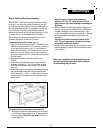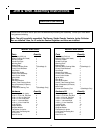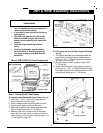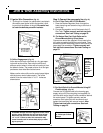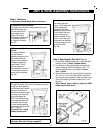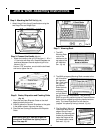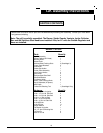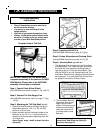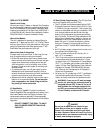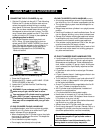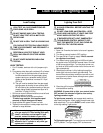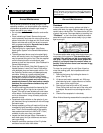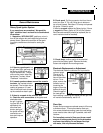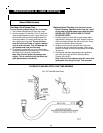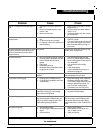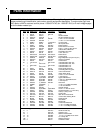Special offers from our partners!

Find Replacement BBQ Parts for 20,308 Models. Repair your BBQ today.
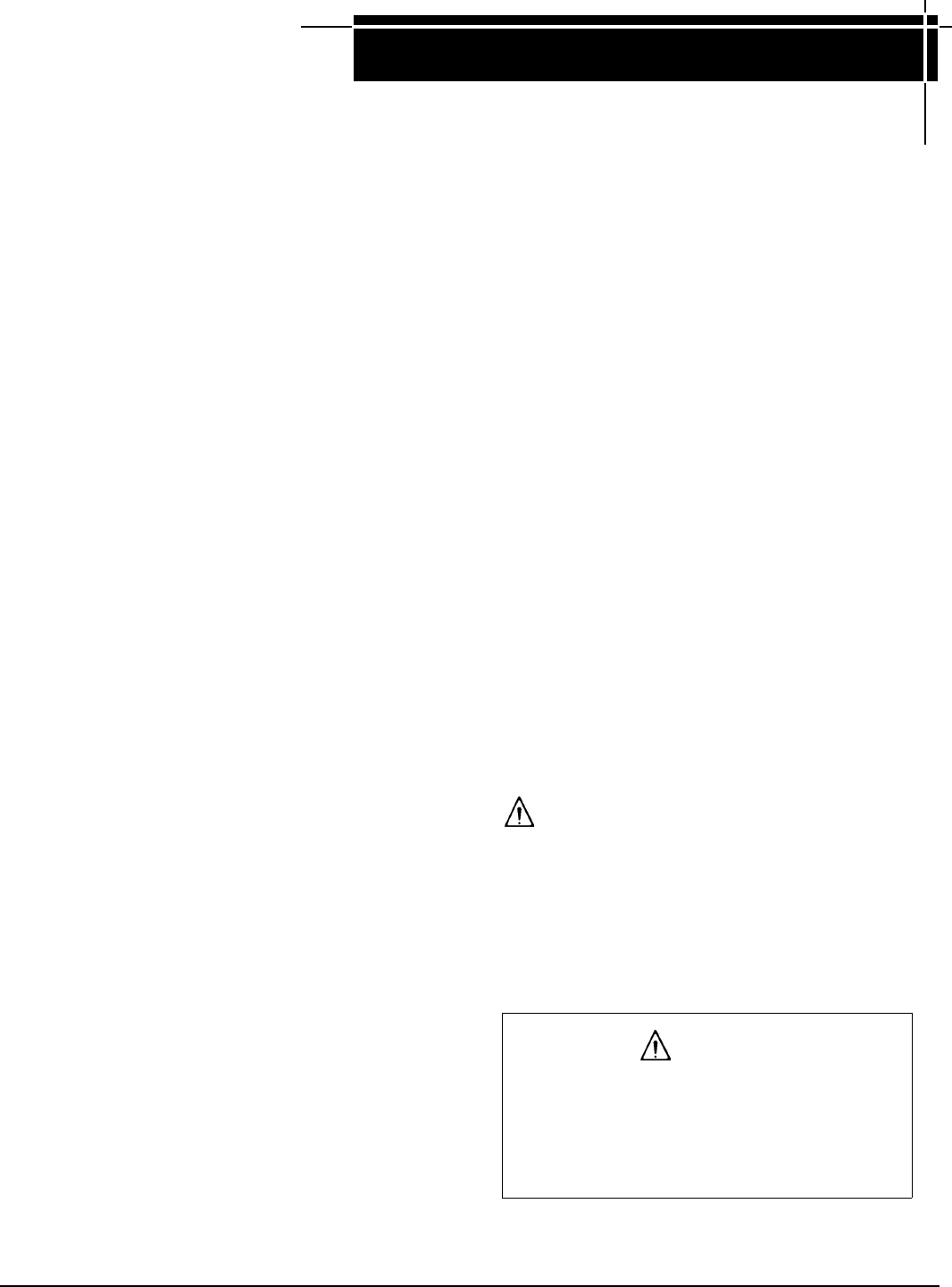
21
Gas & LP Tank Connections
GAS & LP CYLINDER
Check Local Codes
Consult your local LP dealer or Natural Gas Company
for recommended installation procedures and regula-
tions. In the absence of local codes, installation must
conform to the National Fuel Gas Code, ANSI Z223.1
or CAN/CGA-B149.1 Natural Gas Installation Code or
CAN/CGA-B149.2, Propane Installation Code.
Natural Gas Models
The grill is designed to operate on Natural Gas at a
pressure of 7” water column (W.C.) [1.75 kPa]. Check
with your gas utility for local gas pressure. Use of your
gas grill at pressures other than approximate 7” WC
could affect the performance of your grill.
Natural Gas Hose & Inspection
A single hose of not more than 12 feet long (3.6 me-
ters) is supplied with the cart-styled models.
• Check the hose before each use at places where
there could be extra bending, such as near the gas
supply quick-disconnect coupling and at the grill
valve connection. Look for cracking, cuts or heat
damage. Check the entire length for cracking and
excessive wear.
• To replace the hose, turn off gas supply at valve.
Release the quick-disconnect coupling. Using a
wrench, disconnect hose from grill valve connection
under the control panel, and clean threads.
• Replace only with an identical hose from the manu-
facturer or an authorized dealer. Do not use pipe
joint compound on the flared fitting at the con-
trol panel grill valve connection.
LP Gas Models
The Grill using a Type I
II
I LP cylinder includes the
Gaslow Regulator that incorporates an industry exclu-
sive Leak Detector and Fuel Supply Indicator. Any
replacement pressure regulator or hose assembly
must meet or exceed the specifications of the Gaslow
Regulator.
DO NOT CONNECT THE GRILL TO AN LP
GAS CYLINDER GREATER THAN 20 LB.
CAPACITY.
LP Gas Cylinder Requirements: (The LP-Gas Cylin-
der is not supplied with your MHP Grill.)
• The LP cylinder should be equipped with an OPD
(Overflow Prevention Device) and a QCC! Or Type
1 (CGA810) cylinder connection. This cylinder con-
nection is compatible with the grill connection. OPD
is an internal mechanical device that limits the
amount of liquid propane and prevents overfilling
the LP cylinder. The correct filling methods for the
filling of your cylinder are by weight or volume, as
described in NFPA 58. Please make sure your LP
dealer fills your LP cylinder by weight or volume.
Ask your LP dealer to read purging and filling in-
structions on the LP cylinder before attempting to
fill.
• All LP cylinders supply systems must include a col-
lar to protect the cylinder valve.
• The LP cylinder must be a 20-LB size (18 1/4 “
high, 12 ¼” in diameter).
• The LP cylinder must be constructed and marked
in accordance with the specifications for LP-gas
cylinders of the U.S. Department of Transportation
(D.O.T.). In Canada, gas cylinders must meet Ca-
nadian LP Gas Tank Specification Code, National
Standard of Canada, CAN/CSA-B339, Spheres
and Tubes for the Transportation of Dangerous
Goods and Commission.
• Be sure your LP cylinder has a D.O.T. certification
and has been tested within five years. This infor-
mation is usually marked on the protective collar.
WARNING: If you use an LP tank exchange
service, be sure that the exchanged tank is
equipped with an OPD. If there is not an LP
tank available for exchange equipped with
an OPD, we recommend that you have your
LP tank filled by an authorized LP dealer.
DANGER
Do not use an open flame to check for gas
leaks. Be sure there are no sparks or open
flames in the immediate area while you check
for leaks. Sparks or flames will result in a fire or
explosion which can cause serious bodily injury
or death, and damage to property.



